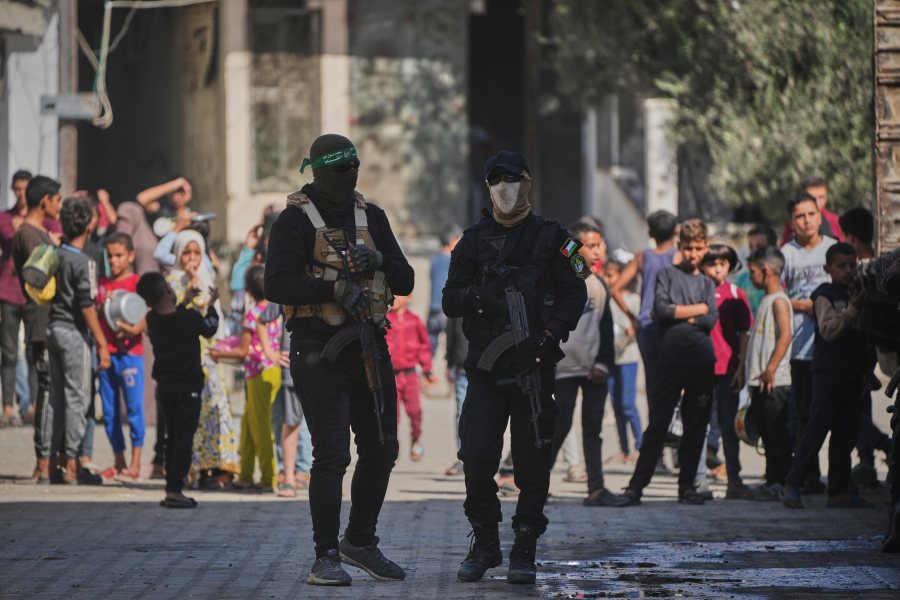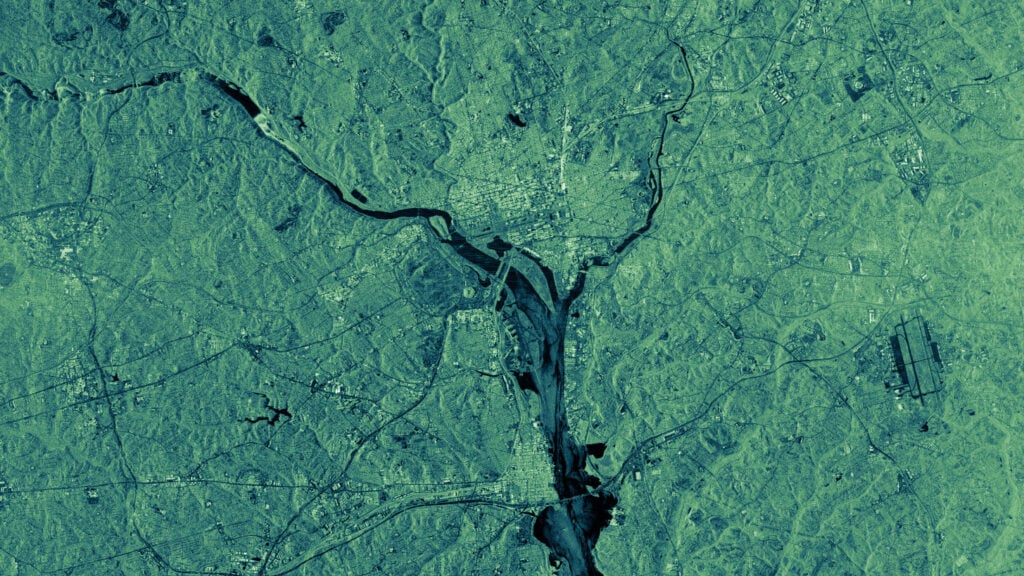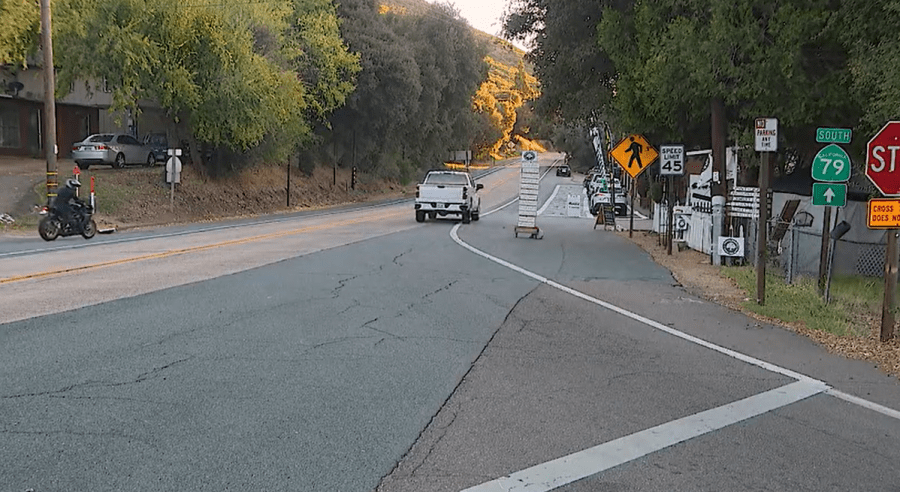The slow return of hostage bodies from Gaza is straining the fragile ceasefire in the ongoing Israel-Hamas conflict. Following the release of another body on Monday, families of the missing are grappling with new heartbreak as they await the remains of their loved ones. This situation comes more than two weeks after a ceasefire began on October 10, 2023, and has reignited emotional turmoil for those left behind.
After the announcement that Hamas had returned only partial remains of a hostage recovered by Israeli troops nearly two years ago, families are left in anguish. The Israeli public places significant cultural and religious importance on retrieving bodies for burial, making this delay particularly sensitive.
Families Demand Closure Amidst Renewed Tensions
Orna Neutra, mother of Omer Neutra, an Israeli-American soldier killed in the Hamas-led attack on October 7, 2023, expressed her family’s desperate need for closure. “This is my son,” she stated in Tel Aviv. “We need that concreteness.” The Neutra family has been vocal advocates for the return of Omer’s body, having traveled extensively to lobby on his behalf.
The ceasefire brokered by the United States is under renewed pressure. Israeli Prime Minister Benjamin Netanyahu announced on Tuesday that he ordered the military to conduct “powerful strikes” in Gaza. Hamas responded by delaying the transfer of additional bodies, complicating an already tense situation. As part of the deal, Hamas previously released 20 living hostages in exchange for nearly 2,000 Palestinian prisoners and detainees, as well as the remains of 15 hostages.
Hamas claims that the retrieval of all bodies is hindered by rubble from the extensive Israeli offensive in Gaza, which has lasted over two years. Israel has accused the militant group of delaying the process and has threatened to resume military operations or restrict humanitarian aid if the remains are not returned promptly.
Struggles for Identification and Grieving Processes
In Gaza, families are also facing difficulties in identifying the bodies returned by Israel. Thousands of Palestinians remain unaccounted for, with many potentially buried under rubble or in Israeli custody. The Gaza Health Ministry reported that while Israel has returned the remains of 195 Palestinians, only 75 have been positively identified.
The expectation of immediate burial is fundamental in both Judaism and Islam. For Jews, this practice is rooted in religious texts that call for burial on the same day as death. This cultural imperative places additional pressure on families awaiting the remains of their loved ones.
Dr. Einat Yehene, the head of rehabilitation for the Hostages Families Forum, emphasized the importance of spending time with the bodies once they are returned. “Some came back recently with clothing. Some were only bones. Some were only parts of remains,” she explained. The act of being close to the deceased helps families find a sense of closure amidst their grief.
Families like that of Hadar Goldin, who was killed during the 2014 conflict between Israel and Hamas, have engaged in ongoing protests to recover the remains of their loved ones. The pain of waiting for bodies to be returned is compounded by the knowledge that others have been able to bury their relatives, creating a sense of disparity.
As the Neutra family continues to navigate their grief, they reflect on the broader cultural implications of their situation. “A deceased hostage is still a hostage,” Ronen Neutra, Omer’s father, noted, highlighting the deep-seated belief in Israeli society that no one should be left behind, whether alive or deceased. This cultural ethos is particularly poignant in a society where military service is mandatory, and the loss reverberates through the community.
The ongoing struggle to retrieve remains not only affects the families directly involved but also reflects the broader humanitarian concerns in a region marked by conflict. The slow pace of body returns threatens to undermine the fragile ceasefire and deepen the emotional toll on families seeking closure.







